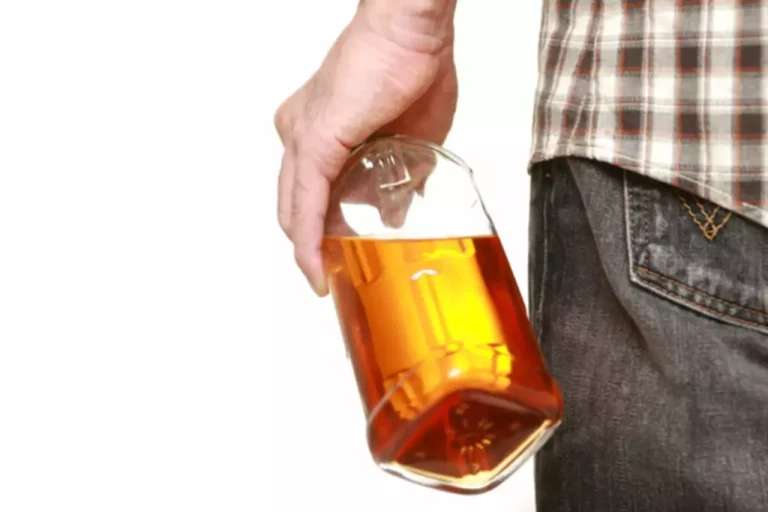Internal and External Triggers Guide

Controlling your inner focus and managing how you respond to internal and external stimuli is a challenging endeavor, especially if you have any proclivity for drugs and alcohol to distract from the negative emotions that might come from your triggers. Managing this is key, realizing what starts you off a dark path is what will help stop you.
Four Tips to Help You Manage Your Triggers
Recognizing that you have triggers is not as simple as it sounds. Recognizing that something is triggering you and identifying the moment that sent your mind to a place that inevitably led to you doing what you don’t want to do is also very important and not as easy as it sounds.
Below we will go over some helpful tips in how to identify that trigger, and what you can do to try and manage your time, emotions, and thoughts in regards to those moments. This can be done on multiple different habits that you have or behaviors, even good ones. These things are helpful for understanding yourself and how you operate in specific circumstances.
Learning yourself and what makes you do what you do will help you take control of your life in ways that you never thought possible. Being ruled by your emotions, vices, or triggers is no way to live life. Take that control back and learn what makes you do what you do.

Take back control of your life and start on the road to recovery now.
1: Identify Discomfort
The first tip is to identify the discomfort that you are feeling in the moment. Maybe you are in your car, on the road and someone cuts you off or breaks too fast or isn’t going fast enough. These can be stressful situations that can have lasting effects on people’s emotional states. It might seem like a non-issue, but it’s true.
You might think that you forgot the moment, and in reality, you could have completely forgotten the actual actions that sent you off, but you may still carry those bad emotions long after you put your car in park and walk into your house.
These are things that could happen hours prior to the thing that you’re trying to avoid yourself from doing. Identifying discomfort will help you understand exactly what makes you feel the way you do, and with that, you will be able to further control your emotions in the future.
Not all discomforts are the same, however. Not all discomforts will send you spiraling, but it’s important to identify each discomfort as it happens so that you can really understand what exactly is setting you off. Identifying each discomfort will help you categorize them as well. There is a chance that one discomfort won’t set you off, but the next day after more difficult things have happened that same thing might set you off.
Along with identifying what has made you feel bad, it’s important to identify what bad feeling you are having. This could be fear, anxiety, anger, inadequacy, among a number of other things that could all be affecting you.

2: Write Down the Specific Trigger
This leads us to the second point, writing down the specific trigger. After identifying what is making you feel bad, and what emotion you are currently experiencing, writing all that down along with the time of day is extremely helpful in helping understand exactly what you can do to avoid future circumstances.
Not only does this help you organize your day in the future, but it helps you manage the emotions at the moment. It will take you out of the immediate rage or anxiety and have your brain focus on something that’s right in front of you, writing everything down as it happens.
This kind of exercise will help you in numerous ways, most notably it will help you immediately organize your emotions and help you categorize them. In the future, you may become numb to the process and if it begins to stop being as helpful as it once was initially, it’s good to look back on your log and try to avoid situations that you know are upsetting for you.
3: Recognize How You React
The third tip is recognizing how you react. This can also be written down to help further your understanding of yourself in the future, but the key here is to just understand how you act after the specific trigger.
Humans are complex creatures that have many different ways of acting in situations. That said, we can be programmed to form habits and do this subconsciously. This is where trigger/reactions come in – they are essentially bad habits that you have unintentionally created through some unrecognized process. These triggers/reactions are usually the product of some sort of abuse or trauma and that should not diminish their reality.
Though they come from a dark place and are not intentional, hope is not lost. You can do something about them and you can train yourself out of these habits. This is what’s helpful about recognizing how you react to specific stimuli.
Your reactions might be varied. They will likely not always be the same, but there might be similarities in how you act after a specific trigger. There could be broad things that you want to avoid. Take for example that you don’t like that you turn to heavy drinking every night after a specific trigger, that might make your goals much more specific and easier to identify, but organizing your reactions is the key in this section.
This also can be a surprisingly positive experience. Perhaps you recognize a different trigger is actually causing you to be more productive overall. This could be a subconscious habit that has not reached its maturity, and in recognizing it’s existence you can then nurture it and make a fully formed habit out of it.
Regardless of the specific results, you will gain some significant insight into what makes you do the things that you are doing and how to control them to some extent. It might not be easy, and if you believe that you are usually controlled by your emotions then this could be a much larger hill to climb than one who believes that they are not as emotional as the average person.
4: Identify Transition Cues
Transitional moments happen all around us and they change how our minds interact with the world. There are so many transitional moments in your day that you are likely unaware of, one really tangible one is the moment when one walks through a doorway.
Have you ever known what you wanted to do and needed to go into another room to do it? Once in that room, you’ve completely forgotten why you’re in there and it might take a few seconds, or even for you to go back to the other room before you’ve remembered why you were in there? This is not an uncommon event, and it represents transitional moments in our brain rather well.
Our world is complex, and we can only consciously take in so much information at a time. This is the beauty of our brains – we subconsciously organize everything around us into “stuff that needs attention” and “stuff that can be ignored for now.” The doorway represents a shift in your brain into another mode of thinking.
These shifts don’t always just happen in your home, however. They happen all the time, all around us. You might feel an urge to do something, like check your phone, give in to that urge and find that 20 minutes later you are still looking at your phone without even realizing that you shifted.
Recognizing these moments can help you realize what’s going on around you and make it easier to remember to write everything down as it happens to you.

This can be a difficult journey, but you don’t have to go it alone. Let us be your guide and provide you the environment needed to regain control of your life and begin the path to recovery.
Reach Out for Help
If you or a loved one is struggling, reach out to us at ecosoberhouse.com. We have the tools and the desire to help you get you to be the best person you can be, free of drugs and alcohol as soon as possible. Don’t wait, reach out to us today.




